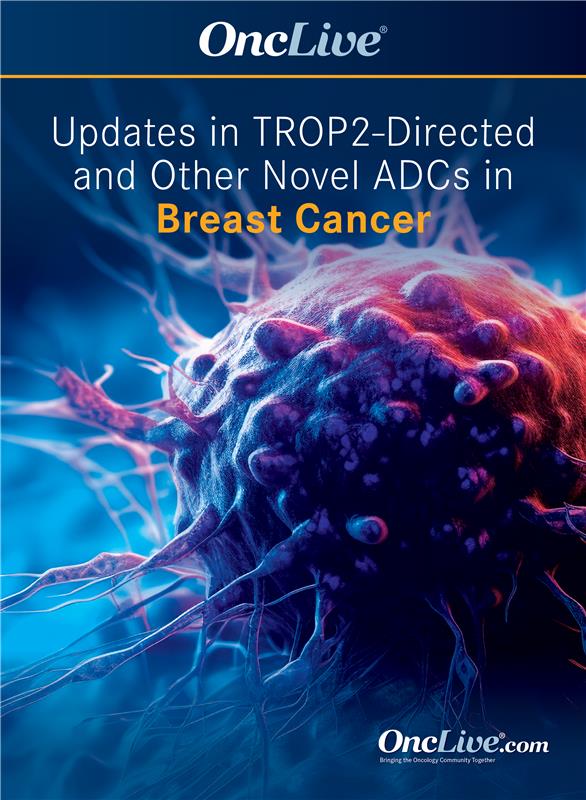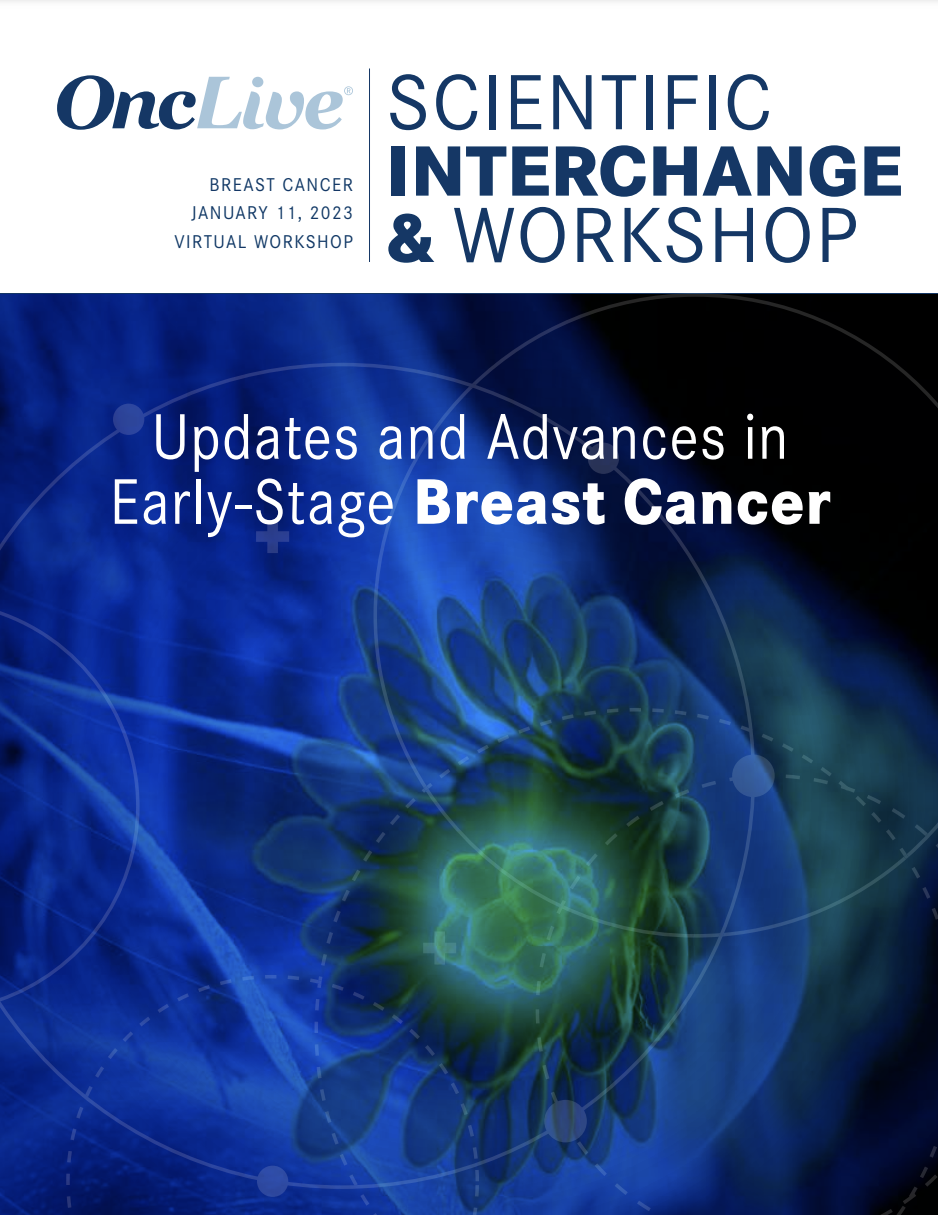Commentary
Video
Dr Schmid on Key Efficacy Findings With Dato-DXd in Metastatic TNBC
Author(s):
Peter Schmid, FRCP, MD, PhD, discusses key findings from the phase 1/2 BEGONIA trial in patients with unresectable, metastatic or locally advanced triple-negative breast cancer, highlighting the clinical significance of these findings.
Peter Schmid, FRCP, MD, PhD, professor, cancer medicine, centre lead, Centre of experimental Cancer Medicine, director, Barts Breast Cancer Centre, discusses key findings from the phase 1/2 BEGONIA trial (NCT03742102) in patients with unresectable, metastatic or locally advanced triple-negative breast cancer (TNBC), highlighting the clinical significance of these findings.
The BEGONIA trial is evaluating various combinations of the PD-L1 inhibitor durvalumab (Imfinzi) with other novel agents in the frontline setting in patients with advanced or metastatic TNBC. Findings from arm 7 of the trial, which evaluated datopotamab deruxtecan (Dato-DXd; DS-1062a) plus durvalumab in this patient population, were presented at the 2023 ESMO Congress.
Dato-DXd plus durvalumab elicited an overall response rate (ORR) of 79% (95% CI, 66.8%-88.3%), including 6 complete responses and 43 partial responses. Notably, investigators observed antitumor responses in patients regardless of PD-L1 expression level. In total, 87% of patients on arm 7 of BEGONIA had PD-L1–low or –negative disease, Schmid notes. Previously conducted phase 3 trials of chemotherapy plus immunotherapy in the first-line, metastatic TNBC setting have shown ORRs of approximately 40% to 45% in patients with PD-L1–negative tumors, Schmid explains. Therefore, the response rate seen with an antibody-drug conjugate plus an immune checkpoint inhibitor in this patient population is encouraging and warrants further evaluation, Schmid emphasizes. It is the highest ORR ever reported in a group of patients with first-line, metastatic TNBC with predominantly PD-L1–negative tumors, Schmid says.
Furthermore, early data from the BEGONIA trial demonstrate that the responses seen with Dato-DXd plus durvalumab are durable, with a median duration of response of 15.5 months (95% CI, 9.92–not calculable [NC]) and a median progression-free survival of 13.8 months (95% CI, 11.0-NC). In the future, this combination should be investigated in a randomized clinical trial setting, Schmid concludes. Arm 8 of the BEGONIA trial is currently enrolling and will evaluate Dato-DXd plus durvalumab in patients with PD-L1–high metastatic TNBC.
Editor’s Note: Dr Schmid reports honoraria from AstraZeneca, Daiichi, Gilead, Merck, Novartis, Pfizer, Roche, Sanofi, and Seagen; consulting or advisory roles with AstraZeneca, Bayer, Boehringer Ingelheim, Celgene, Daiichi, Eisai, Genentech, Gilead, Lilly, Medac, Merck, Novartis, Pfizer, Roche, Sanofi, and Seagen; and institutional research funding from Astellas Pharma, AstraZeneca, Genentech, Gilead, Medication Inc, Merck, Novartis, OncoGenex, and Roche.










